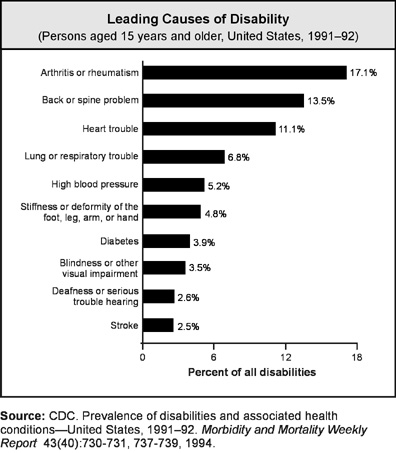Minerals
 For a person looking for just a single product to use to promote health, a plain one or two per day multivitamin is not the first choice. More important for most people is using a mineral, not vitamin, supplement. Magnesium is the most important nutrient in which most people are deficient, next is calcium, and most multivitamins only contain a small amount of these "major minerals."
For a person looking for just a single product to use to promote health, a plain one or two per day multivitamin is not the first choice. More important for most people is using a mineral, not vitamin, supplement. Magnesium is the most important nutrient in which most people are deficient, next is calcium, and most multivitamins only contain a small amount of these "major minerals."
Multimineral- Basic Calcium Magnesium supplements
Salt - Non-toxic salt products
Colloidal Minerals- Some thoughts on these generally expensive products.
Colloidal Silver - Using and making this product.
Are the Leading Causes of Disability in the United States ALL Caused by Magnesium Deficiency? Magnesium is an essential mineral needed by every cell of the body. Magnesium helps maintain normal cardiovascular, muscle, nerve, bone, joint, and cellular function. It also helps calm and promotes healthy sleep patterns. Unfortunately, most adults take in inadequate levels of this mineral. Researchers now believe that magnesium deficiency may contribute to various diseases, including cardiovascular conditions, pre-eclampsia, and asthma, among many others.
According to researchers, deficiencies of magnesium may be a factor in many diseases. And while magnesium previously failed to garner much medical attention, it is now being explored as a valid complementary to traditional treatments. In fact, magnesium is currently the leading therapy option for the pregnancy-related condition known as pre-eclampsia, as well as a specific type of cardiac arrhythmia (an uneven heartbeat rhythm). A study recently published in the journal Stroke focused on 323 patients with known symptomatic peripheral artery disease (arterial narrowing in the legs causing pain and other symptoms). Upon the study's completion, those patients with the lowest serum (blood) magnesium levels had an over-300% increased adjusted risk of developing stroke compared to those with the highest levels. Magnesium has been shown to maintain steady heart rhythms, lower blood pressure, benefit blood clotting, and help shield the lining of arteries from the stress of sudden blood pressure changes. With its high level of tolerability, magnesium may be considered crucial for optimal heart function. Besides possessing important properties for muscle contraction and relaxation, magnesium is effective for all-around relaxation. It has been shown to provide a calming effect and can assist in inducing restful sleep. A 1998 study published in the journal Sleep focused on magnesium's effects on participants afflicted with two sleep-specific conditions: period limb movements during sleep (PLMS) and restless leg syndrome (RLS). When given about 300 mg of magnesium every evening for 4-6 weeks, these participants showed significant improvements in sleep efficiency. Magnesium may promote healthy lung function. Recent studies show that high levels of dietary magnesium may be linked to improved lung function, and can aid in clearing constricted airways in the lungs. As asthmatics have been frequently shown to display low levels of magnesium, this mineral may of benefit in asthma patients, as well. In a study published in the Magnesium Bulletin, 18 adult asthmatics who took 300 mg of magnesium daily for 30 days experienced decreased bronchial reactivity. Magnesium may hold properties for diabetics, who often have lower levels than normal. A study published in Diabetes Care showed that magnesium supplementation may provide benefits and may even improve glucose tolerance in some patients. Plus, magnesium is vital for insulin secretion and action. This mineral is essential for overall health, but unfortunately, most adults receive inadequate levels. It is recommended that adult females take in 310 mg and adult males take in 400 mg of supplemental magnesium daily. |
Links The International Medical Veritas Association recognizes the importance of mineral supplements and in particular magnesium. Mercury in our environment from coal-burning plants is one of our largest environmental challenges. Magnesium Body Deficiency by NurseGroups.com |
